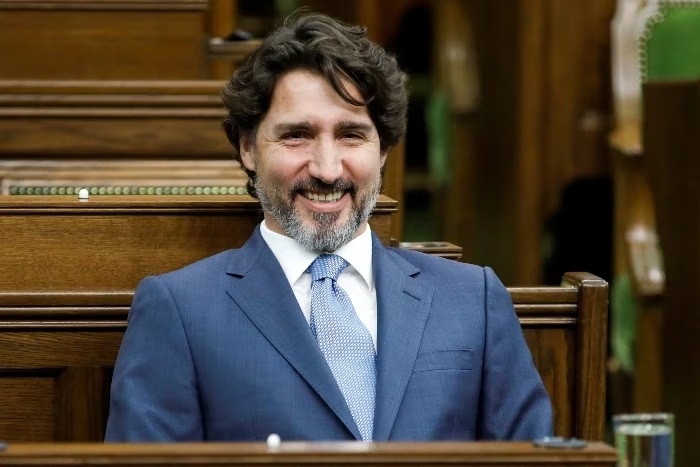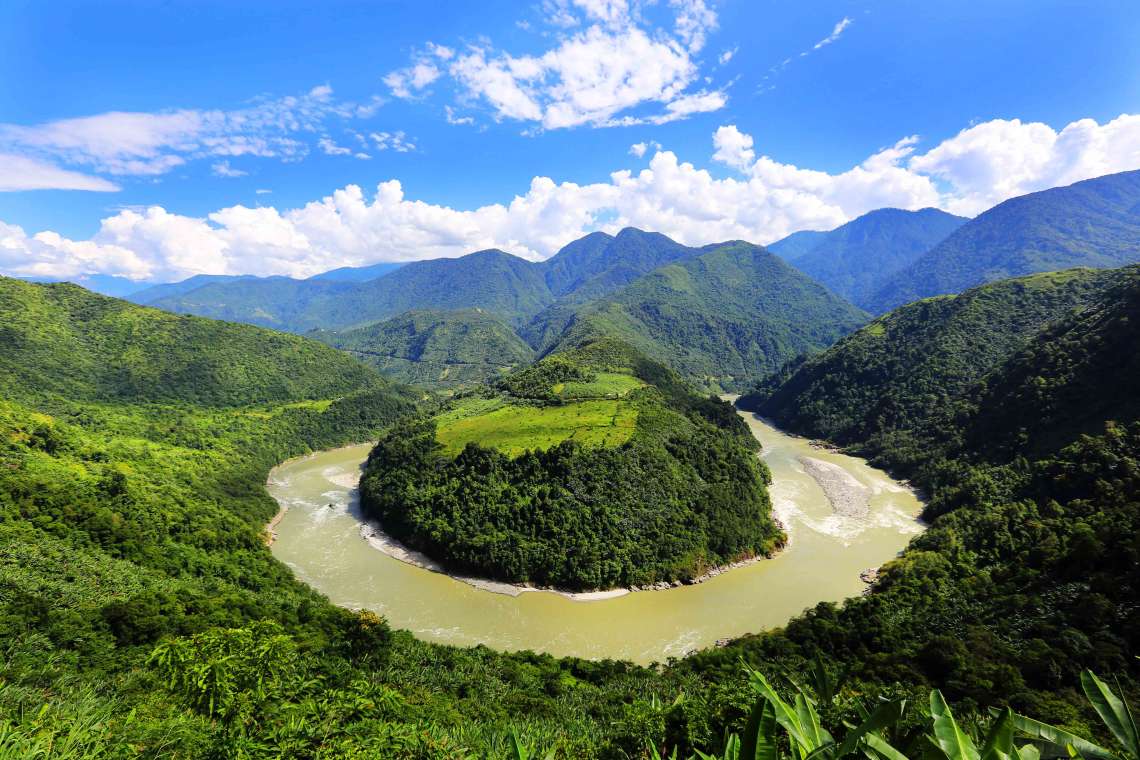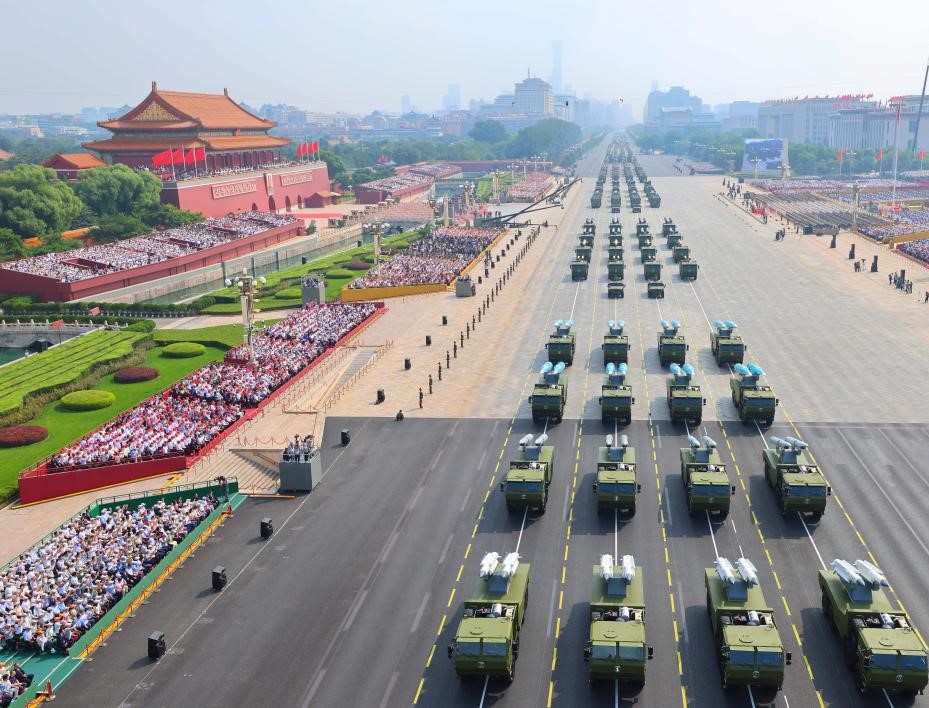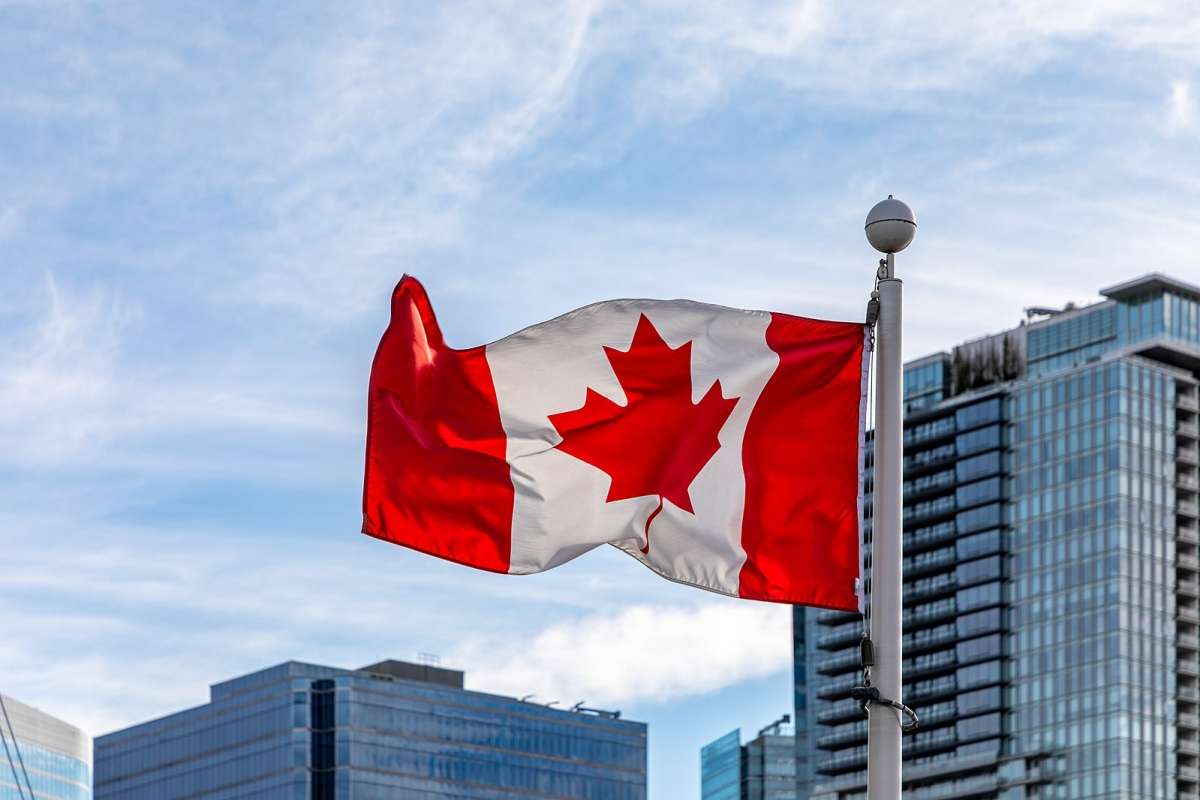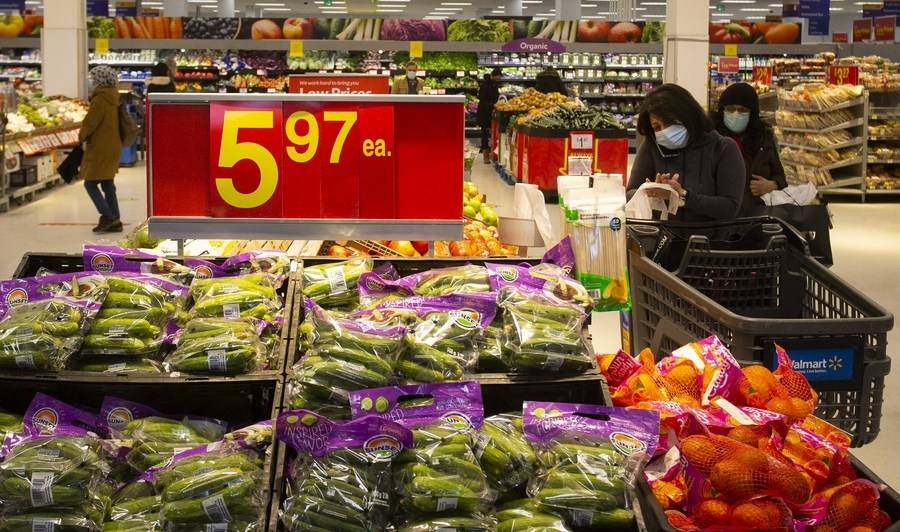We’re going to continue to ensure that China knows we’ll stand up for human rights, we’ll stand with people who are expressing themselves,” Trudeau said….reports Asian Lite News
Canada Prime Minister Justin Trudeau said on Tuesday that everyone in China should be allowed to protest and express themselves, and that Canadians were closely watching the protests against the country’s zero-COVID policy.
Simmering discontent with stringent COVID prevention policies three years into the pandemic ignited into protests in Chinese cities, in the biggest wave of civil disobedience since Chinese President Xi Jinping took power a decade ago.
“Canadians are watching very closely,” Trudeau told reporters in Ottawa. “Everyone in China should be allowed to express themselves, should be allowed to share their perspectives and indeed protest. We’re going to continue to ensure that China knows we’ll stand up for human rights, we’ll stand with people who are expressing themselves,” he said.
Chinese police were out in force in Beijing and Shanghai on Tuesday to prevent more protests that have disrupted the lives of millions, damaged the economy and briefly sparked rare calls for Xi to step down.
China’s foreign ministry has said that rights and freedoms must be exercised within the framework of the law.
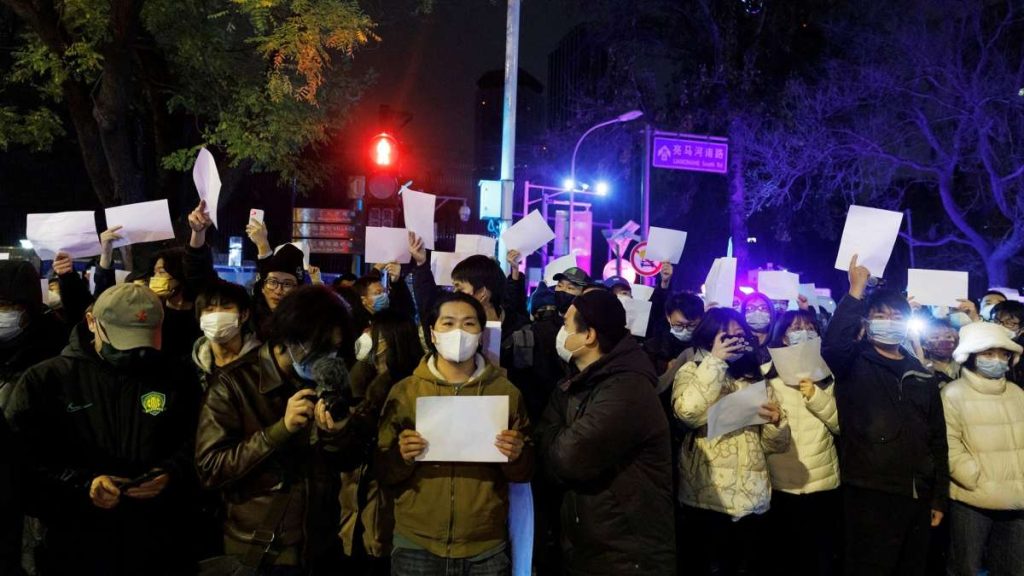
A demonstration also in took place outside the Chinese consulate in Toronto on Tuesday, where about 40 people gathered with banners, flags and a loudspeaker, chanting: “Free Tibet! Free China! Free Hong Kong!” and “Xi Jinping! Step down!”
Several people also held up blank white sheets of paper, which have become symbols of defiance in China and a tactic used in part to evade censorship or arrest.
Hugh Yu, who said he participated in the 1989 Tiananmen Square protests and now lives in Canada, helped organize the Toronto protest. He called on Canadians and the Canadian government to speak out against China’s actions.
“A lot of people don’t want to die in silence,” he said of protesters in China. “I don’t want to stand here and speak to you guys,” he said to a Reuters reporter. “But I have no choice.”
A Chinese political science student at the University of Toronto, carrying a sign that said “Down with Xi Jinping,” said he used to support China’s leader and his government but it seemed human rights conditions have gotten worse.
There was “hope China will gradually reform to a liberal democracy. But that dream has collapsed,” he said, declining to be named.


